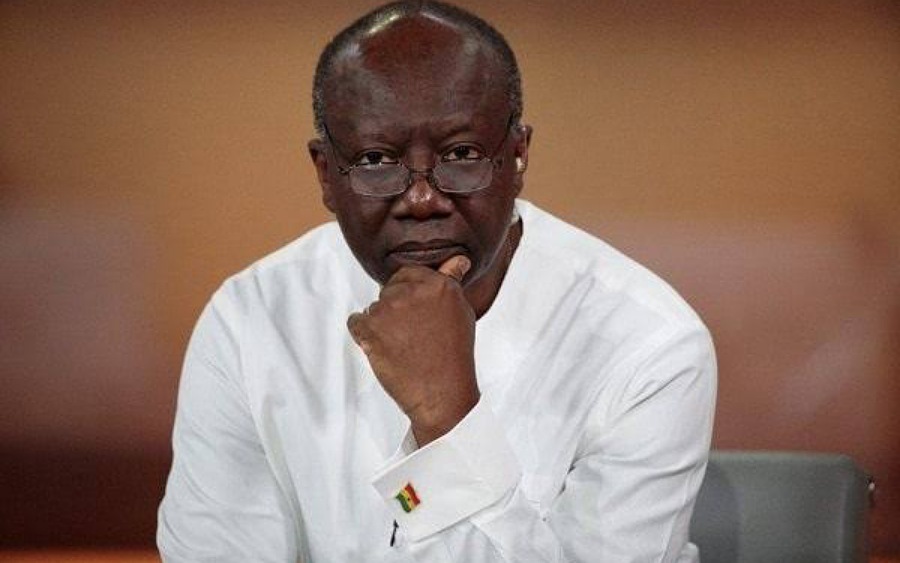Ghana has the potential to mobilize up to $40 billion without increasing its debt burden or seeking assistance from the International Monetary Fund (IMF), according to financial economist Dr. Bernard Tetteh-Dumanya. He highlights strategic financial mechanisms such as diaspora bonds, infrastructure bonds, public-private partnerships (PPPs), venture capital for small and medium-sized enterprises (SMEs), and optimized natural resource management as viable solutions to strengthen Ghana’s financial independence.
Alternative Financial Strategies for Ghana
Dr. Tetteh-Dumanya insists that implementing these financial strategies could significantly boost Ghana’s economy while maintaining sovereignty over local policies. He emphasized that:
- Diaspora Bonds: Encouraging Ghanaians abroad to invest in government-backed bonds can generate substantial revenue for national development.
- Infrastructure Bonds: Raising funds specifically for large-scale infrastructure projects could attract both local and international investors.
- Public-Private Partnerships (PPPs): Collaborations between the government and private sector can improve efficiency in sectors such as healthcare, education, and transportation.
- Venture Capital for SMEs: Providing access to capital for small and medium-sized businesses can stimulate job creation and economic growth.
- Optimized Natural Resource Management: Efficiently managing Ghana’s rich natural resources, including gold, oil, and cocoa, can maximize revenue without overreliance on external financial support.
The Risk of IMF Dependence
Dr. Tetteh-Dumanya cautioned that failure to implement these financial strategies could lead Ghana into a deeper cycle of IMF dependence, which he believes has historically weakened local economic policies. He pointed to examples from other African nations where IMF programs failed to address structural inefficiencies, often resulting in weakened healthcare systems and economic instability.
He warned that continued reliance on IMF prescriptions might compromise Ghana’s ability to set its own financial policies, further eroding economic sovereignty. He stressed that a self-reliant financial strategy is essential for sustainable economic growth and long-term stability.
President Mahama’s Criticism of Ghana’s Economy
Dr. Tetteh-Dumanya’s remarks come in response to recent statements by former President John Dramani Mahama, who described Ghana’s economic situation as a “crime scene” due to what he termed reckless financial mismanagement by the previous administration. Mahama’s comments have sparked national debate on economic recovery strategies and the effectiveness of IMF-backed policies.
Economic experts, including Dr. Tetteh-Dumanya, urge the government to explore homegrown financial solutions rather than defaulting to external interventions. He believes that leveraging Ghana’s internal resources and strategic financial instruments could pave the way for sustainable economic independence.
As discussions on Ghana’s financial future continue, stakeholders are encouraged to consider innovative funding models that do not compromise national sovereignty. For more insights into Ghana’s economic policies and developments, visit Issue N Fact.

